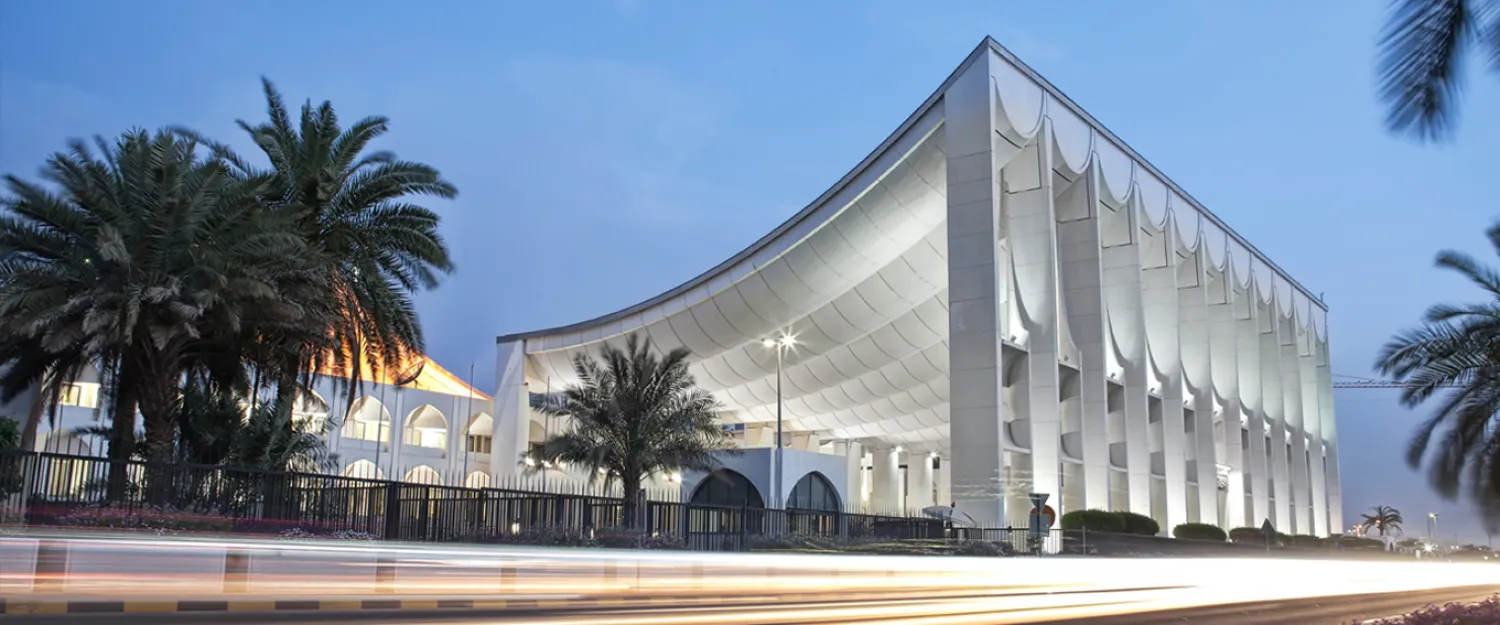The Kuwaiti government held an extraordinary meeting on Saturday night in wake of the regional escalation between Iran and Israel.
The meeting was a real test to Kuwait as it grapples with a political crisis after caretaker Prime Minister Sheikh Mohammed Sabah al-Salem had reportedly declined to form a new cabinet.
The government had submitted its resignation after parliamentary elections earlier this month.
Sheikh Mohammed chaired Saturday’s extraordinary meeting that was aimed at addressing the regional escalation.
The government stressed its “keenness on addressing all circumstances and developments that may take place given the rapid events in the region.”
The ministers each presented a briefing on the preparations the concerned agencies have taken to confront the possible repercussions of the developments, such as providing essential services and goods for the citizens and residents.
The cabinet underscored the need to preserve security and stability in Kuwait.
The new National Assembly is set to convene for the first time on April 17.
Amid the regional tensions, observers said officials will likely resolve the dispute over the position of prime minister whereby Sheikh Mohammed may be tasked to form a new cabinet, or a new PM may be appointed.









